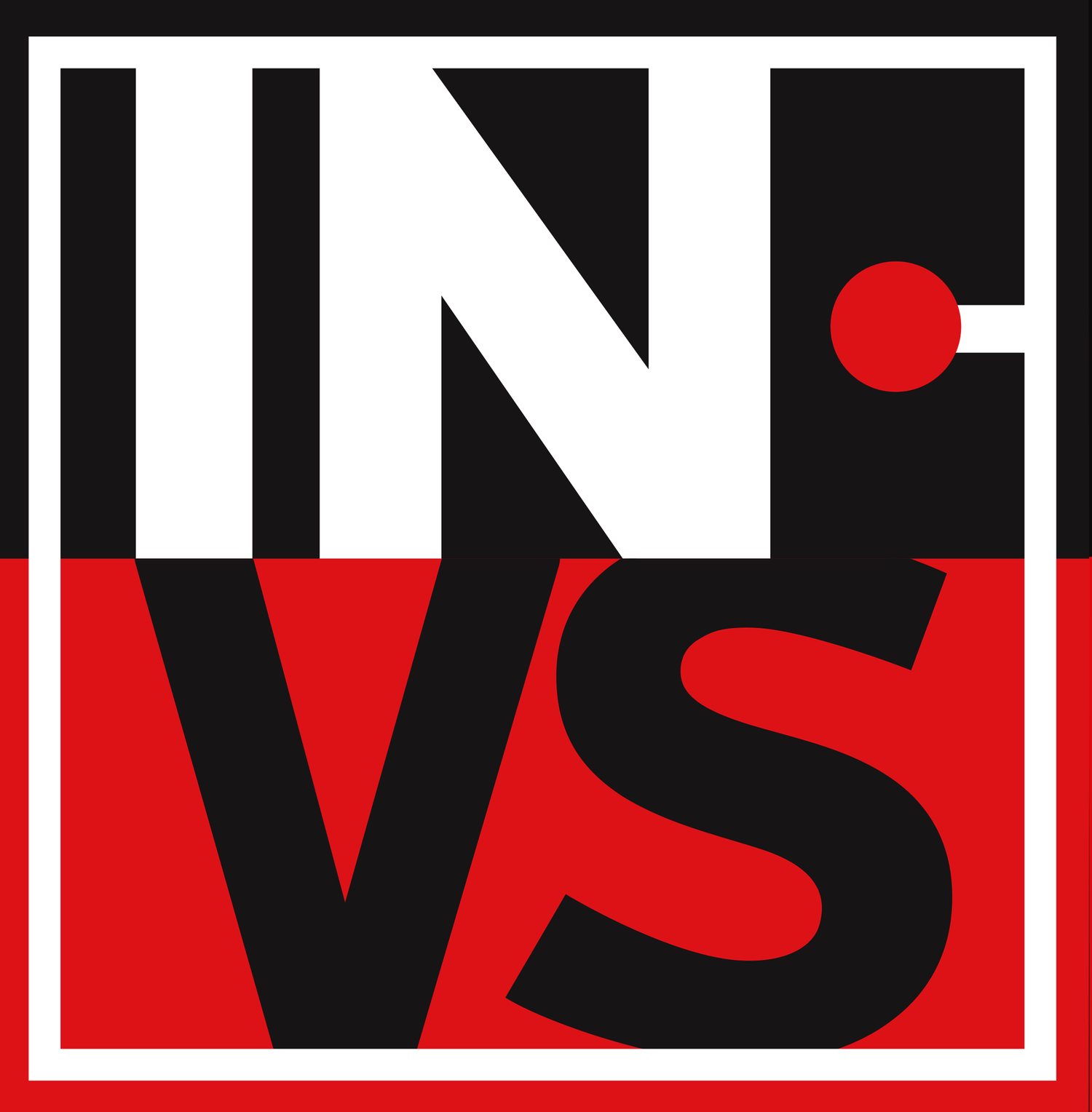Strategies for Overcoming Distraction & Staying Focused
Too often, distraction contributes to stress, which makes us more easily distracted.
[Alarm clock By Paopano/Adobe Stock] [notebook By thanksforbuying/Adobe Stock] [water bottle By MariaFrancesca/Adobe Stock] [laptop By sodawhiskey/Adobe Stock]
By Bill Nottingham (3 Min Read)
After a few years of continuous use, I ditched my smartwatch and went back to an analog timepiece. There was nothing wrong with the wearable; it worked well—maybe too well. I realized that it roughly doubled the amount of distraction already provided by my phone. And too often, distraction contributes to stress, which makes us more easily distracted.
Like most people, I’ve been wrestling with focus lately, trying to find the right balance between being plugged in (because new information sparks ideas) and unplugged (acting on ideas requires full attention). The forces competing for our attention are so great that the struggle can seem futile, so it’s easy to overlook small changes that can add up. Here are a few things that have helped me, and might help you too.
‘PARKING’ IDEAS
Though often distracting, my phone is useful in those moments when I’m trying to focus on one task and an unrelated but also important thought barges in. I take full advantage of my Reminders app. Whenever I get an idea or reminder of a task, I almost immediately add it to my reminders list and “digitally” park the idea. I think of this like parking a car or opening a digital drawer. I feel comfortable that if the idea is at least parked somewhere, I won’t be concerned about it until I’m ready to focus on it again.
This is a simple trick, but it became much more meaningful to me when I started to learn to meditate. When an unbidden thought interrupts your meditation, you’re supposed to acknowledge it, then return your focus where it belongs. With practice, fewer thoughts get in, and ignoring them becomes easier.
STAY HYDRATED
When you are fully engaged in your workday, it’s easy for coffee to be the go-to beverage, almost like a default mechanism. I counterbalance this approach with our most available resource: water. A 2019 study published in the Journal of Nutrition found that “children’s cognitive flexibility selectively benefits from greater habitual hydration.” After some admittedly less rigorous experiments of my own, I am convinced that this is true for adults too.
It’s easy when you are in hustle mode to want to keep drinking coffee. But after skipping coffee at the Consumer Electronics Show (CES) one year, and drinking only water, I noticed I felt more alert, not less, and it lasted all day (and the days at CES are long). Ever since then, I’ve tried to carry a reusable water container with me everywhere I go. I even found one with an integrated battery to charge my phone.
‘ONE THING’
In almost everything I do, whether it’s a big event or a small task, I try to identify my “one thing,” as in the one thing that’s most important to achieve. At an event, it might be to make one new contact. In a meeting, it might be to confirm the first next step I need to take to help the team. I don’t limit myself to one thing, of course, but if you focus on a single important achievement, any other “wins” are icing on the cake.
For the same reason that “quick wins” work: even small achievements build confidence and momentum. And you will find when you begin to recognize each quick win, eventually, you will look back and realize how far you’ve come along.
25 MINUTES
The Pomodoro technique—which involves using timers to set reasonable chunks of time for focused, solitary work—got me thinking about how we manage time spent with others. When I’m scheduling meetings, I’m starting to set them for 25 or 50 minutes, instead of 30 or 60, which are the default options with our calendar meeting applications. This approach gives me, and presumably the people I’m meeting with, a few minutes to get our thoughts together before the next meeting.
I’ve also gotten adamant about ending meetings early when warranted. If you’ve covered the key issues in less time than you thought it would take, even by just a few minutes, stop immediately and give everyone back that remaining time. Time can be a gift that everyone can appreciate. And, when someone is 5-10 minutes late, try looking from a different angle. Rather than thinking about where the person is and what they might be doing, enjoy the time to collect yourself. And when they show up, say “thank you for giving me some brain space to focus.”


